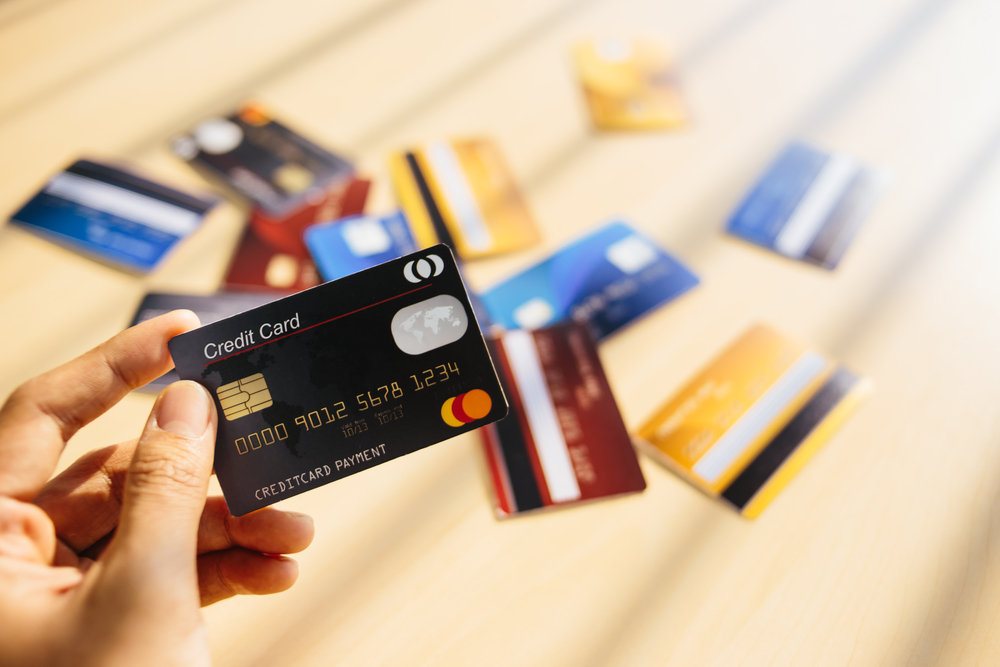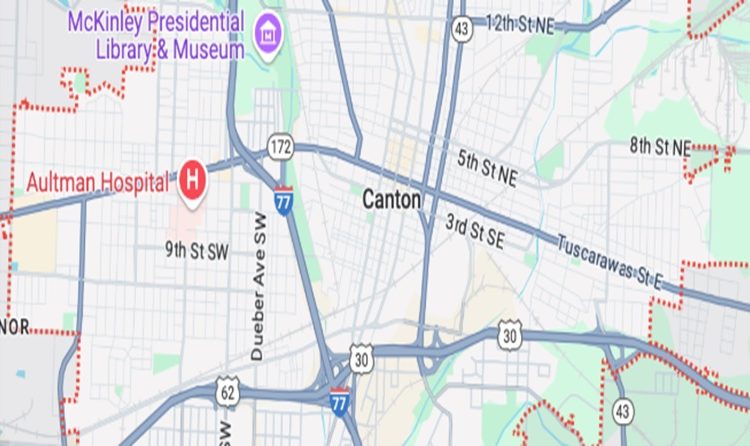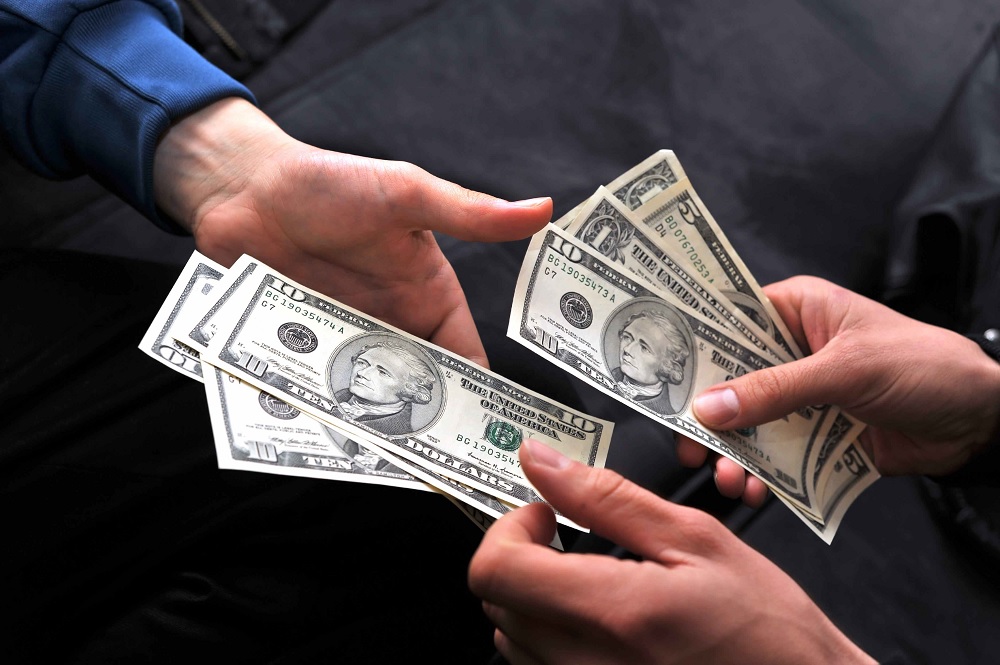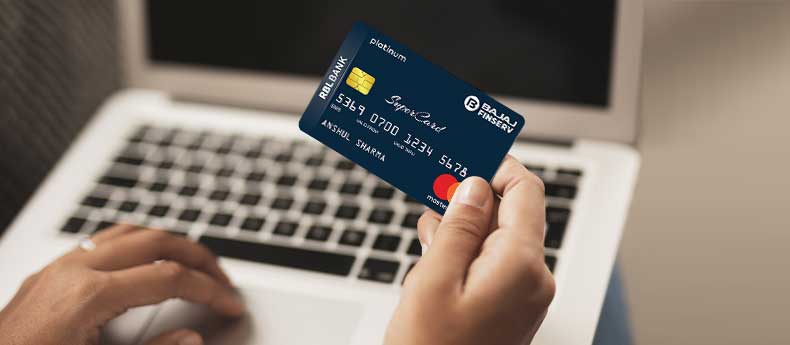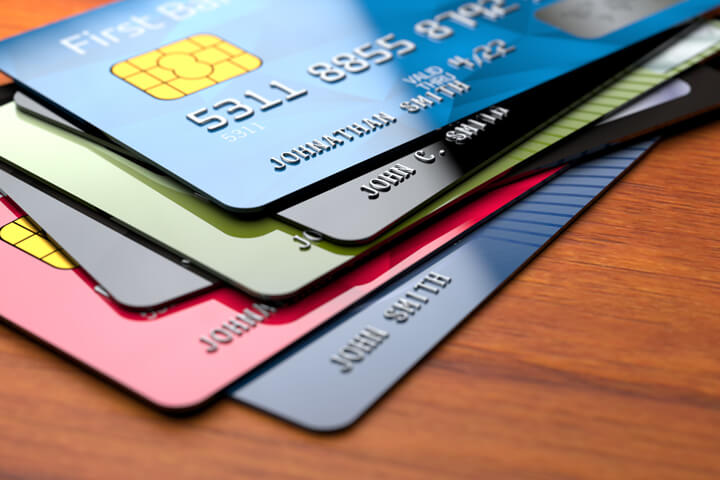For many people, applying for a credit card is their first step towards building their credit. It’s an efficient way to show creditors how responsible you can be with money. If you start off maxing out the balance and neglecting to repay in a timely fashion, this reflects negatively on your credit history. However, if you manage your credit card wisely it can open the doors for increased borrowing opportunities, homes, cars, businesses, and more.
So, before you start putting in applications to find a credit card that suits you, it is imperative that you have a full understanding of how to manage it.
Start With One Card
Once you’ve applied for a credit card chances are you’ll get a ton of offers to apply for more. Though it may be exciting to know that you could have 3 or 4 cards in your possession, this is a disaster waiting to happen. Trying to manage accounts and balances for multiple cards can be overwhelming. Not to mention an increased temptation to spend more than you can afford. Start with one credit card, give it at least six months to a year, then consider applying for another.
Be Mindful of Balances
Unfortunately, most people receive their first credit card and go overboard with using it. They spend more than they can afford or max out the card believing they’ll pay it back over time. They pay the minimum which doesn’t put a dent in their overall balance and, in some cases, the debt just gets out of hand. High balances lower your credit score and interest is accrued every month which makes it more difficult for them to pay the card off.
To manage a credit card wisely it is imperative that you keep balances low. To do this, it is recommended that you only spend what you can afford to repay in a month. If there happens to be a month where there’s something you need but can’t afford, it may be best to look for alternative solutions like an online cash advance. You could get several hundred dollars in emergency funds and pay the loan off in small installments. It won’t hinder your credit (unless you don’t repay) and it prevents you from having to max out your cards.
Pay Your Credit Card On Time
Another common mistake people make with their first credit card is not making timely payments. This not only has a negative impact on your credit history, but it tacks on fees and interest which means more debt for you. So, it is advised that you pay your bill on the due date. You can set up automatic debits, add the credit card payments to your budget, pay bi-weekly, or if the date isn’t working with your pay cycles, ask about changing the due date. If you’re going through a rough patch one month, paying at least the minimum on time is better than not paying at all.
Credit cards, although very convenient aren’t to be mismanaged. They can be a stepping stone towards building positive credit or it can be the beginning of a snowball of debt that you can’t get out of easily. To be a responsible borrower, don’t apply for more cards than you can afford to manage, keep balances at zero or low, and make timely payments. In doing this, you set yourself up for more opportunities in the future.

